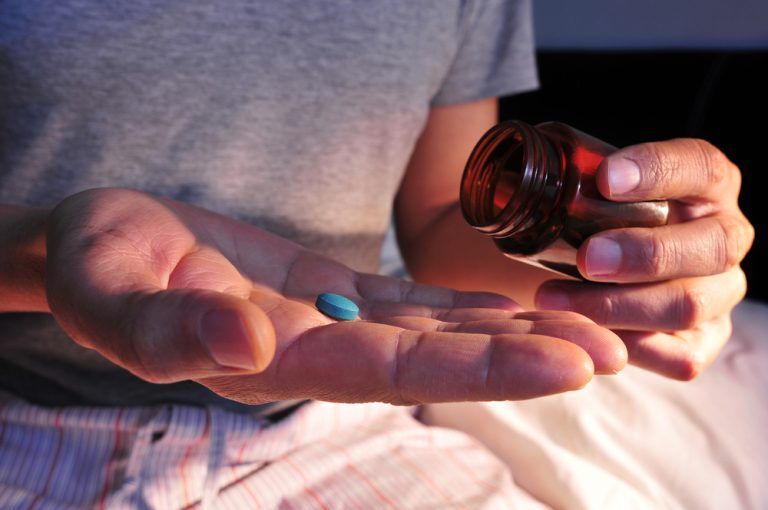Things to Know About Addiction in a Loved One
Advance Minds Blog
A safe space to explore subjects within the community such as mental health, substance abuse and personal identity.
Our safe space also provides the opportunity for real individuals to express their hardships and success through writing.
Dealing with a loved one’s addiction can be incredibly difficult and emotional.

Dealing with a loved one’s addiction can be incredibly difficult and emotional.
Understanding addiction, how it affects your loved one, and how you can offer support while maintaining your own well-being is essential. Here’s a breakdown of things to know when addiction affects someone you care about.
1. Addiction is a Disease, Not a Choice 🧠💊
- Addiction alters the brain’s chemistry, making it difficult for someone to control their behavior.
- It’s not about lack of willpower; addiction is a chronic disease that requires medical and psychological treatment.
- Understanding that addiction is a disease helps remove the stigma and encourages compassion rather than blame.
2. Denial is Common 🚫
- People struggling with addiction often deny they have a problem or downplay the consequences.
- This makes it harder for them to seek help or even acknowledge the need for recovery.
- Denial can delay recovery and create tension in relationships.
3. Addiction Affects the Whole Family 🏠
- Family members often feel frustrated, helpless, and emotionally drained as they watch their loved one spiral.
- Family dynamics can change, and relationships may become strained or toxic.
- Addiction can lead to feelings of guilt, anger, and confusion for family members.
4. People in Active Addiction May Act Differently 😔
- You may notice irregular behavior such as mood swings, secrecy, lying, or manipulative actions.
- A loved one in active addiction may prioritize substances over responsibilities, relationships, or self-care.
- Understanding these behaviors as part of the addiction cycle can help you respond with patience.
5. You Can't Control Their Addiction, But You Can Offer Support 🤝
- You can offer love and support, but you cannot control someone’s addiction or recovery.
- Setting healthy boundaries is important to avoid enabling destructive behaviors.
- Encourage professional treatment like therapy, rehab, or support groups, but understand that the person has to be ready for recovery.
6. Relapse is Part of the Recovery Process 🔄
- Relapse does not mean failure. It is common for people in recovery to face setbacks.
- When relapse happens, it’s an opportunity to reassess the recovery plan and make necessary adjustments.
- Stay supportive and encourage them to continue their journey toward recovery.
7. Seek Help for Yourself 💬
- Dealing with a loved one’s addiction can take a toll on your mental and emotional health.
- Consider joining support groups like Al-Anon or Nar-Anon to connect with others who understand your situation.
- Therapy or counseling can help you manage your emotions and develop coping strategies.
8. Recovery is Possible 🌱
- Many individuals do recover from addiction and go on to lead fulfilling, sober lives.
- Recovery is a long-term commitment and often involves therapy, support groups, and lifestyle changes.
- Celebrate small victories and progress in the recovery process, as they add up over time.
9. Communication is Key 🗣️
- Keep lines of communication open, but be patient. Addiction can make it hard for your loved one to be honest or transparent.
- Approach conversations with empathy and avoid blaming or shaming.
- Be clear that you are supporting their recovery, not their addiction.
10. Be Prepared for Challenges
- Addiction recovery is not linear; there will be ups and downs.
- You may feel frustrated, exhausted, or discouraged at times.
- However, maintaining hope, patience, and understanding will provide strength during tough moments.
Final Thoughts
Addiction affects not only the individual struggling but also their loved ones.
While it’s difficult, remember that recovery is possible with the right treatment and support.
By educating yourself about addiction and maintaining a healthy support system, you can navigate this challenging journey and help your loved one on their path to healing. 💙
















